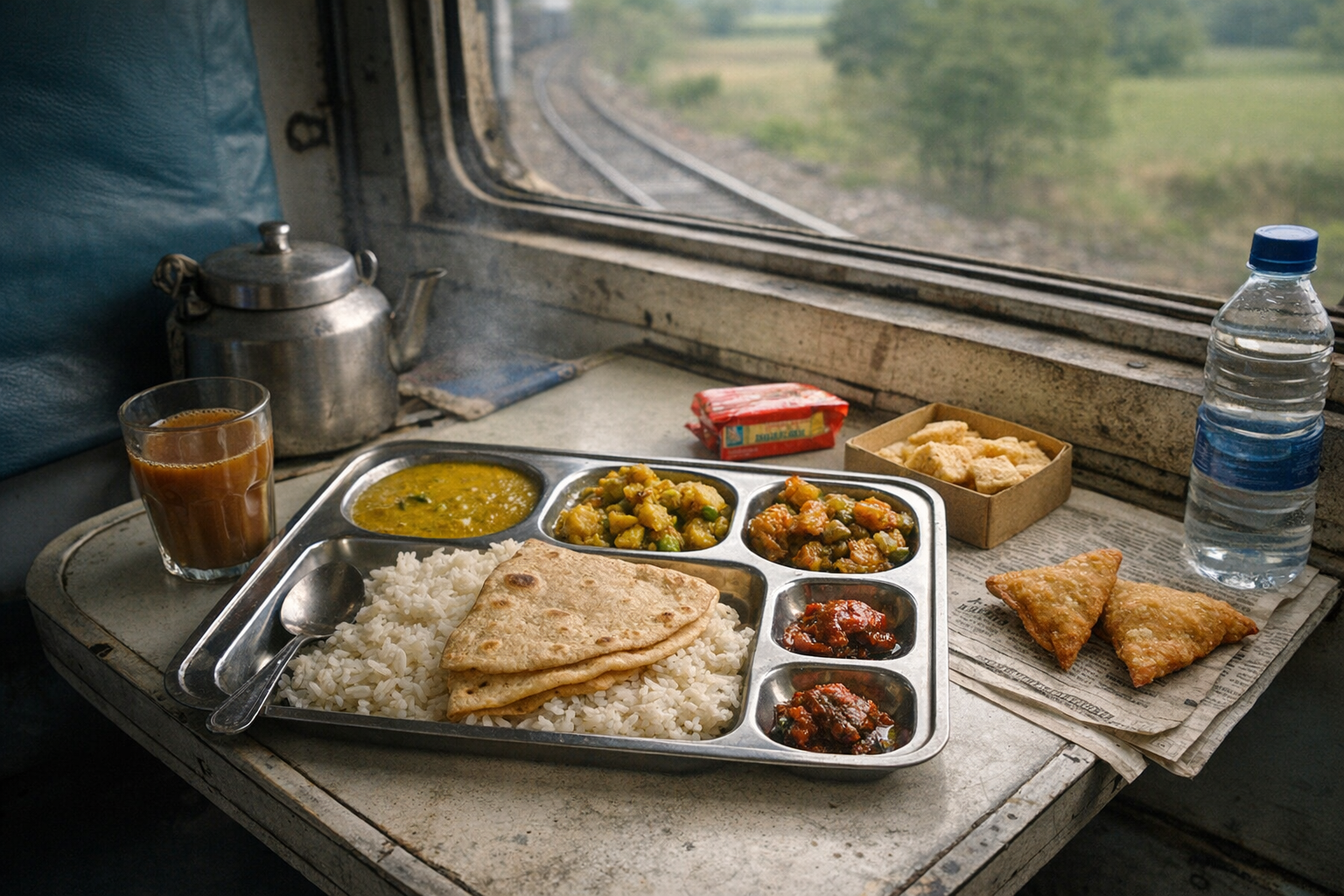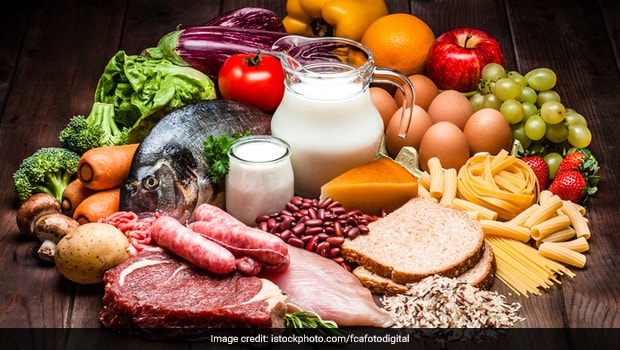There is no formal definition for superfoods in science. Oxford dictionary defines superfood as “nutrient-rich food considered to be especially beneficial for health and wellbeing.” And Merriam–Webster says “A super nutrient-dense food loaded with vitamins, minerals, fibre antioxidants and phytonutrients”. It all sums up to take these foods as highly nutritious foods, addition of which, improves our daily diet. The conversations about superfoods usually revolve around exotic foods while there are some common everyday foods that we don't even consider. Yogurt or dahi is an excellent source of protein and calcium but did you know that it contains live bacteria that makes it a probiotic and packs a nutritional punch for our gut and makes our digestion healthy? Whole grains contain not just calories but also fibre, minerals and antioxidant phytonutrients. Legumes like rajma, lobia, soybeans and peas add healthy low-fat, plant-based proteins and important vitamins like folates.
Also Read: National Nutrition Month: How To Follow A Superfood-Enriched Diet, Expert Reveals
Superfoods for Dengue:
Food plays an important part in the recovery process of infections. This time of the year, dengue is at the top of our minds. If you are infected, thankfully, there are certain foods that help in recovery.
Traditional home remedies include Papaya Leaf Juice - 3-5 leaves crushed and squeezed; Giloy juice and Goat milk, which smell horrible but are known anti-inflammatory foods. We, in hospitals recommend lots of fluids to maintain the blood volume, which is affected by a decrease in platelets. Best are water, chaas, lassi, fresh coconut water and fresh lemon water. Folates help in platelet production - sources include green leafy vegetables, liver of animals, peas, legumes and nuts. Iron from green leafy vegetables, legumes, dry fruits like anjir, kishmish, khajoor, meat, fish and chicken, is also helpful. Vitamin C helps build immunity and makes the platelet work well. Sources – Amla and guava are the richest citrus fruits that also give a good amount of the vitamin. Very few foods contain Vitamin D, which helps with the immune system also. Egg yolk, fatty fish and fortified milk and cereals are some sources. Vitamin K is essential for blood clotting, which is affected by low platelet count. Green leafy vegetables, pumpkin and soyabean are good sources of vitamin D.
Also Read: Revealed! These Are The Superfoods That Are Amazing For Our Skin
About Rupali DattaRupali Datta is a Clinical Nutritionist and has worked in leading corporate hospitals. She has created and lead teams of professionals to deliver clinical solutions for patients across all medical specialties including critical care. She is a member of the Indian Dietetic Association and Indian Association of Parenteral and Enteral Nutrition.






